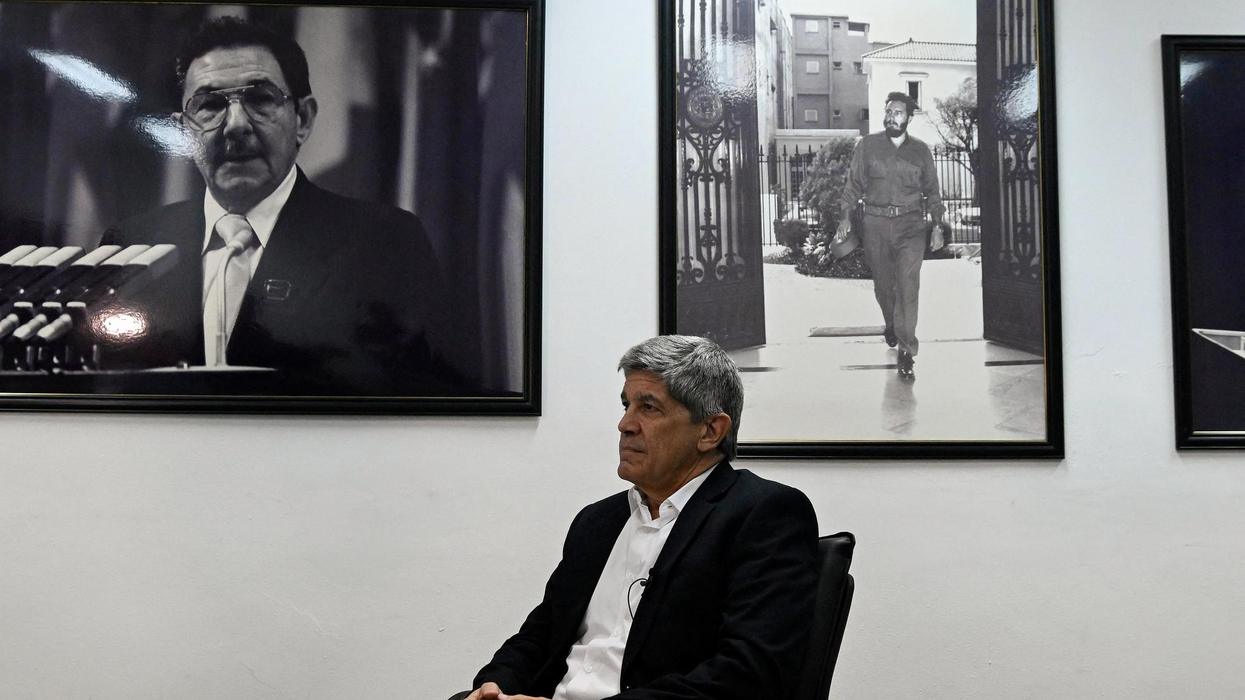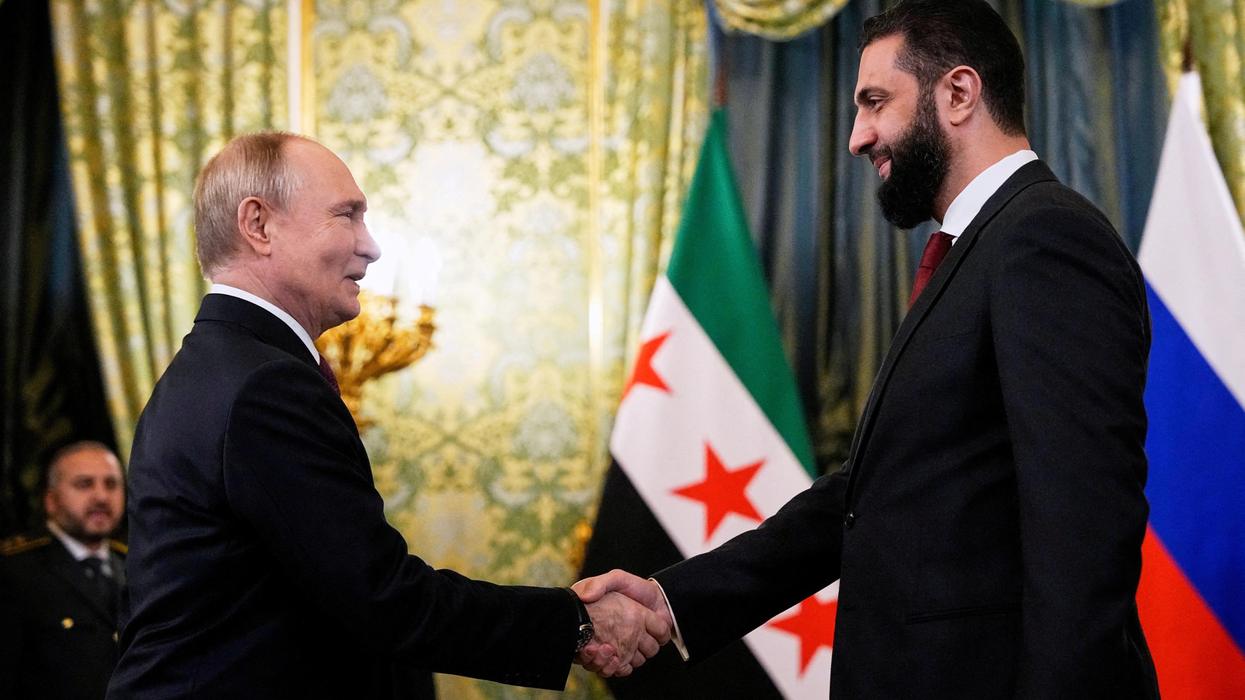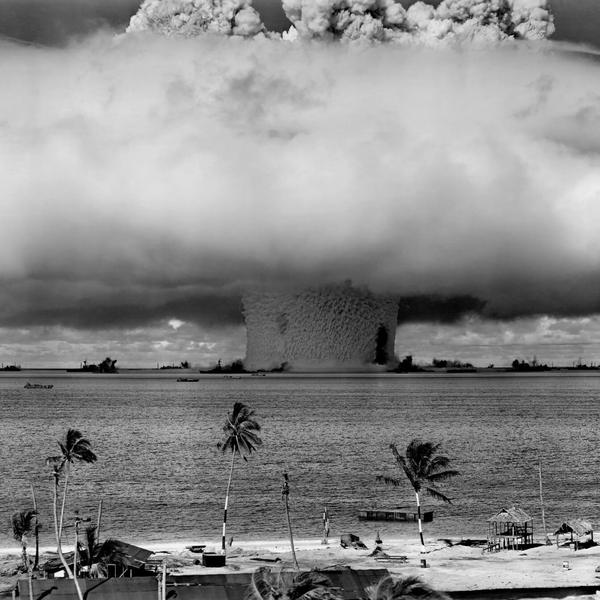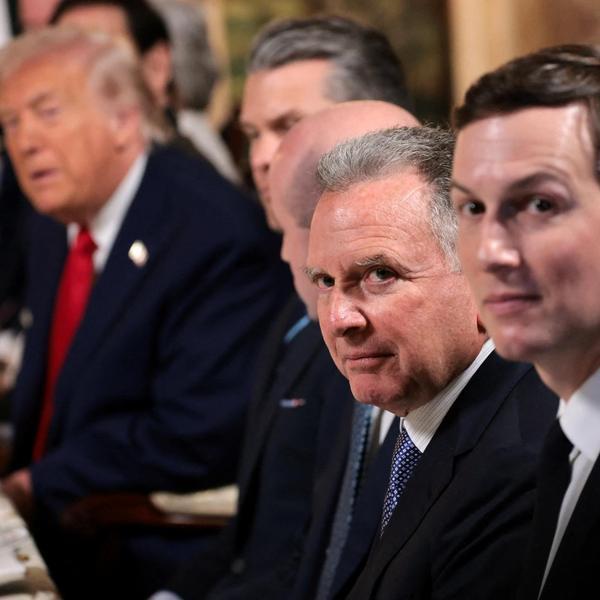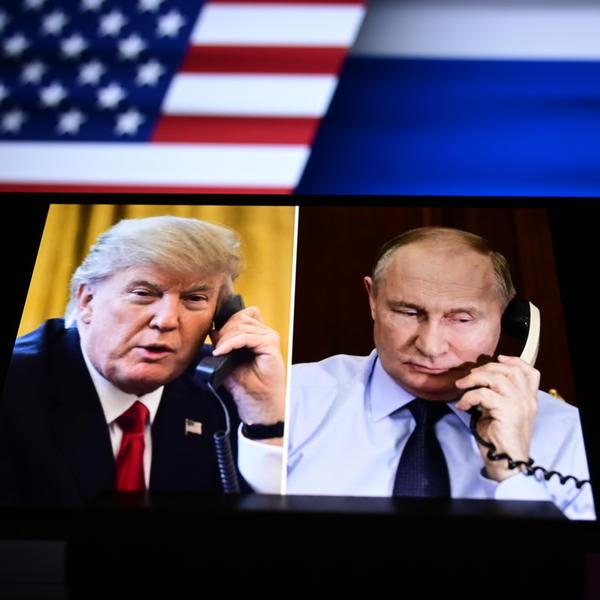Russia and Ukraine agreed to extend the Black Sea grain deal for 120 days on Thursday, a move that will at least delay concerns that Moscow could pull out of the agreement that has helped mitigate the impact of the global food crisis.
Rebeca Grynspan, a top UN trade official, called the initiative a “beacon of hope” and said it was “proof of what leadership [and] multilateralism can achieve, even in the midst of war.” UN Secretary General Antonio Guterres echoed Grynspan’s comments, noting that the deal “demonstrates the importance of discreet diplomacy in finding multilateral solutions.”
The extension does not address Moscow’s concerns about its ability to export ammonia, a key ingredient in fertilizer. Grynspan alluded to this problem in a tweet, arguing that “[s]olving the fertilizer crunch must come next.”
The decision is a significant diplomatic victory for Turkey, which sponsored talks to help reach the deal and has led its implementation. But Ankara’s next move could be much more ambitious, according to Turkish President Recep Tayyip Erdogan.
"We are working on how to create a peace corridor here, like we had the grain corridor,” Erdogan said Saturday. “We think the best way for this is a path from dialogue to peace."
If recent news is any indication, that goal could be closer than many think. In a Wednesday speech, Ukrainian President Volodymyr Zelensky said he has “received signals” from Western officials that Russian President Vladimir Putin “wants direct negotiations.”
Zelensky added that he “proposed a public forum because Russia is waging a public war,” though it remains unclear what such a forum would look like given that peace talks generally happen behind closed doors.
The Ukrainian leader did not share details on which Western officials passed the message along from Putin. But one plausible theory is that it came from CIA Director Bill Burns, who held talks with Russian officials in Ankara earlier this week before meeting with Zelensky on Tuesday.
Meanwhile, Gen. Mark Milley, the chairman of the Joint Chiefs of Staff, attempted to clarify recent comments in which he strongly suggested that Ukraine should seek a ceasefire this winter in order to have momentum going into talks.
“You want to negotiate at a time when you’re at strength and your opponent is at weakness,” Milley said, adding that it is still “up to Ukraine to decide how or when or if they will negotiate with the Russians.”
Milley also argued that Ukraine’s chance of pushing Russia out of all Ukrainian territory is “not high” despite Kyiv’s recent battlefield successes, a view that appears to have wide purchase in the Pentagon.
The comments came just hours after a pair of missiles slammed into a farm town in Poland, sparking fears that Russia had stepped out of Ukraine and launched a direct attack on NATO territory for the first time.
Though all available evidence suggests that the rockets were launched by Kyiv, a number of prominent political and media figures, including several NATO defense ministers, initially blamed the attack on Moscow and suggested that the West would have to respond to the escalation.
While Polish and U.S. officials did well to deescalate the incident, the episode shows just how easily the conflict could spin out of control, as George Beebe of the Quincy Institute told Responsible Statecraft earlier this week.
“We’re all walking close to the edge of a disaster, and the United States should not be confident that we won’t be pushed over that edge by forces we can’t control,” Beebe said.
In other diplomatic news related to the war in Ukraine:
— After intensive talks, officials participating in the G20 summit produced a statement Wednesday declaring that “most members strongly condemned the war in Ukraine” while noting that “there were other views and different assessments of the situation and sanctions,” according to the New York Times. The main takeaway from the meeting? “[T]he G20 agreed where it could, but also agreed to disagree where it couldn’t,” argued Sarang Shidore of the Quincy Institute. “This itself is a victory of sorts.”
— Amid fears of an upcoming recession, Treasury Secretary Janet Yellen said Monday that ending the war in Ukraine is the “single best thing that we can do for the global economy,” according to AP News.
— Politico reported Monday that most Pentagon officials believe “the coming winter provides a chance to discuss reaching a political settlement to end the war,” while the State Department is beginning to set up the “groundwork” for future talks. The National Security Council, however, is “the most resistant to the idea of talks, despite a smattering of aides who privately urge the U.S. to get Ukraine and Russia to the table.”
— In the New York Times, Rajan Menon of Defense Priorities argues that Ukraine’s biggest challenge will be dealing with the economic impact stemming from Russia’s constant attacks on Ukrainian infrastructure.
“Ukraine’s leaders must meet the many basic needs of their people, whose lives have been upended. The United Nations Office for the Coordination of Humanitarian Affairs reported this month that six million Ukrainians are now ‘internally displaced.’ (An additional seven million have sought refuge abroad.) Unemployment had reached 35 percent by the second quarter of this year, according to the National Bank of Ukraine. The poverty rate, 2.5 percent in 2020, may approach 25 percent by December and twice that by the end of next year. Wartime upheaval and destruction have been especially hard on children; nearly half a million more in Ukraine have been pushed into poverty, the second-largest share in the region. [...]
Aid to Ukraine will not dry up, nor will the Ukrainian economy collapse, but Western governments may find it harder, politically if not economically, to keep sending billions of dollars to Kyiv while their own citizens endure rising prices and increasing joblessness. Poland, Germany and Hungary are now struggling to accommodate more Ukrainian refugees, and the mood in Europe has become less welcoming just when the outflow from Ukraine has picked up, following Russia’s ramped-up attacks on cities.”
U.S. State Department news:
In a Wednesday press conference, State Department spokesperson Vedant Patel suggested that Ukraine has not provided the United States with any evidence to back up its claim that Russia launched missiles into Poland. “We are aware of these comments, but ultimately, as we’ve said before, we don’t have any information to contradict Poland’s preliminary findings,” Patel said, pointing to Warsaw’s conclusion that Kyiv most likely launched the rockets.



